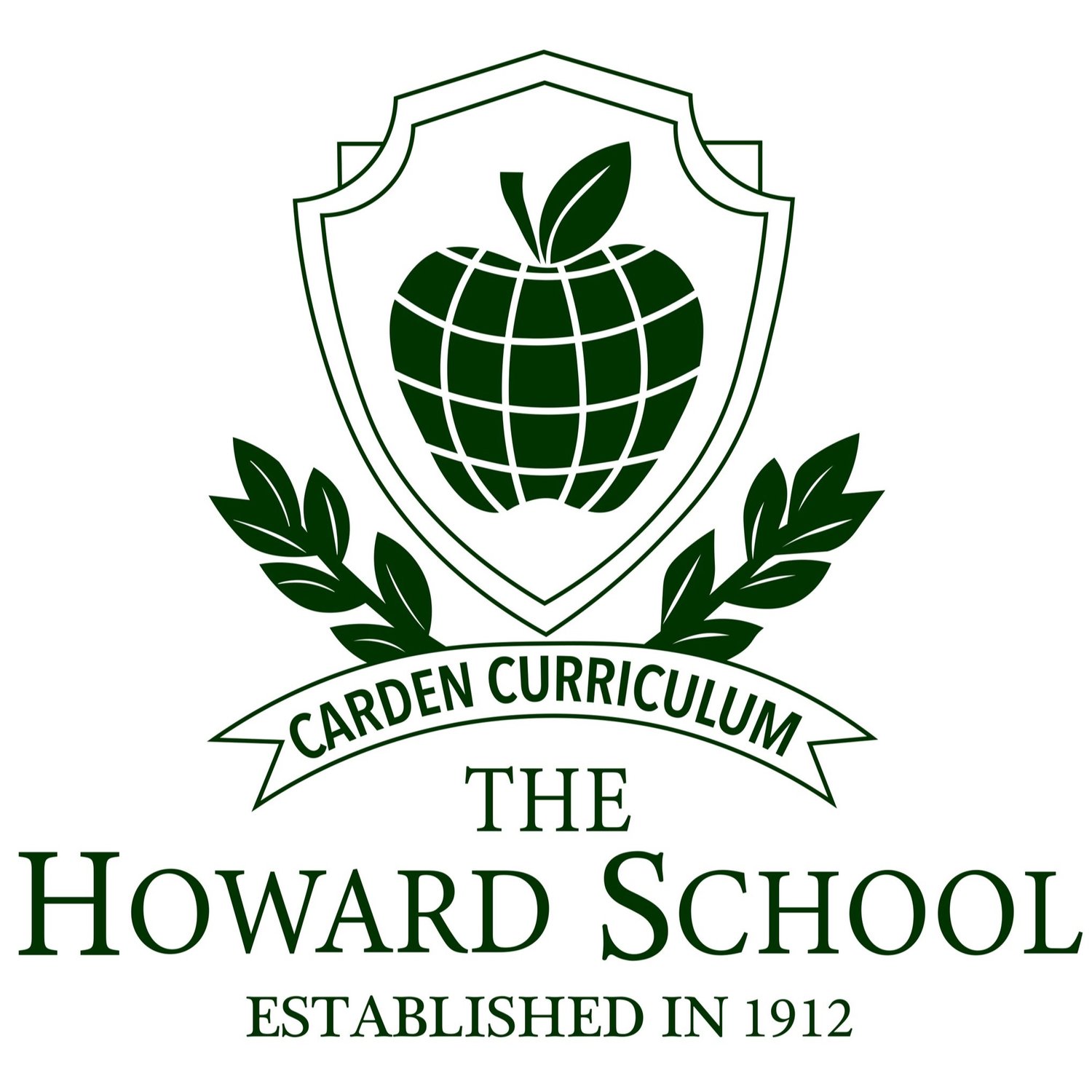Frequently Asked Questions
-
The Carden curriculum develops the whole child - academically, socially, emotionally and physically, teaching children to think and to express themselves clearly and successfully. It teaches children how to learn, rather than focusing simply on what they should know.
The material is taught in small groups with eye-level learning, side by side with the teacher. The curriculum is sequenced year after year based on a child’s emotional maturity and their ability to relate to the material rather than on memorization.
Subjects are interdisciplinary, joining poetry with science and language with numbers. Language arts integrates listening, reading, spelling, vocabulary, grammar, critical thinking, composition, and comprehension. In math, language arts, science, and other subjects, children develop the ability to explain what they are doing and teach it back to the teachers. The Carden Method leads to independence, confidence and accomplishment in study.
-
The Carden curriculum is a phonetically-based reading program. The Pre-Kindergarten students learn the names and sounds of the letters and the Kindergarten students begin the process of putting the sounds together. The Carden Method emphasizes comprehension, the rhythm of reading, and the development of a mental picture of the words that are read.
-
We offer field trips throughout the year for all grades to local museums, zoos, cultural and national parks and sites. Our middle school students take annual science and historical based trips throughout the United States, including Boston, Philadelphia, Yosemite National Park and the Grand Canyon.
-
Parents are encouraged to become involved, although we do not require volunteer service. The school is governed by a volunteer board of directors, many of whom are parents. A parent group oversees the lunch program and organizes or assists with special events, including all-school picnics, science and art fairs, theatre productions, fundraising events, school trips, and other activities.
-
No. Classroom instruction is focused during the school day. Homework begins in the 2nd grade and increases from year to year as students gain stamina and ability. However, except when special projects are due (such as preparing for the annual science fair), homework should rarely take as long as an hour to complete. We believe that time at school is for learning, and if students have a balanced life, they should not have to use their “free” time for additional schooling.
-
We believe The Howard School offers the best value in private education in this area: a world-class education at a tuition level roughly half that of other schools. Our secure facility has a full-sized gymnasium, a well-equipped art room, technology in each classroom, a teaching kitchen, and plenty of outdoor space for recreation. Additionally, the facility is surrounded by playing fields and a large park. We share a campus with Girls Inc. of Carpinteria; their staff and children utilize the facility after school hours.
-
We feel it is important for students to understand their world beyond the schoolyard. Students are taught leadership and responsibility through participation in community restoration projects or hosting senior citizens at school performances. They also participate in educational programs that promote relationships with local businesses and non-profit organizations.
-
Our students have gone on to succeed at top-rated independent and public high schools and attend excellent colleges throughout the United States. Recent Howard graduates attend Bishop Diego, Carpinteria High School, Cate School, Dos Pueblos High School, Santa Barbara High School, Stevenson School, and Villanova.
-
Our Stanford Achievement Tests (SAT 10s) are a great indicator of our school’s achievements. Students who have been with The Howard School for two or more years test well above the national norms. In addition to academics, our students receive many awards, both locally and statewide, for their academic and artistic achievements.
-
Our teachers are required to attend regular educational programs conducted by the Carden Educational Foundation, which maintains, develops, and updates the curriculum to insure that it remains current and effective. All teachers receive on-going instruction in both educational theory and methods, and in practical classroom application.
-
The Howard School is not a religious school, in that we do not present/teach religious beliefs, or encourage students to develop religious ideology as a matter of faith. It is our position that religious practices should come from parents.
-
Children are sometimes accepted during an on-going school year if there is room in the class and it is determined that the child will make a successful transition.

